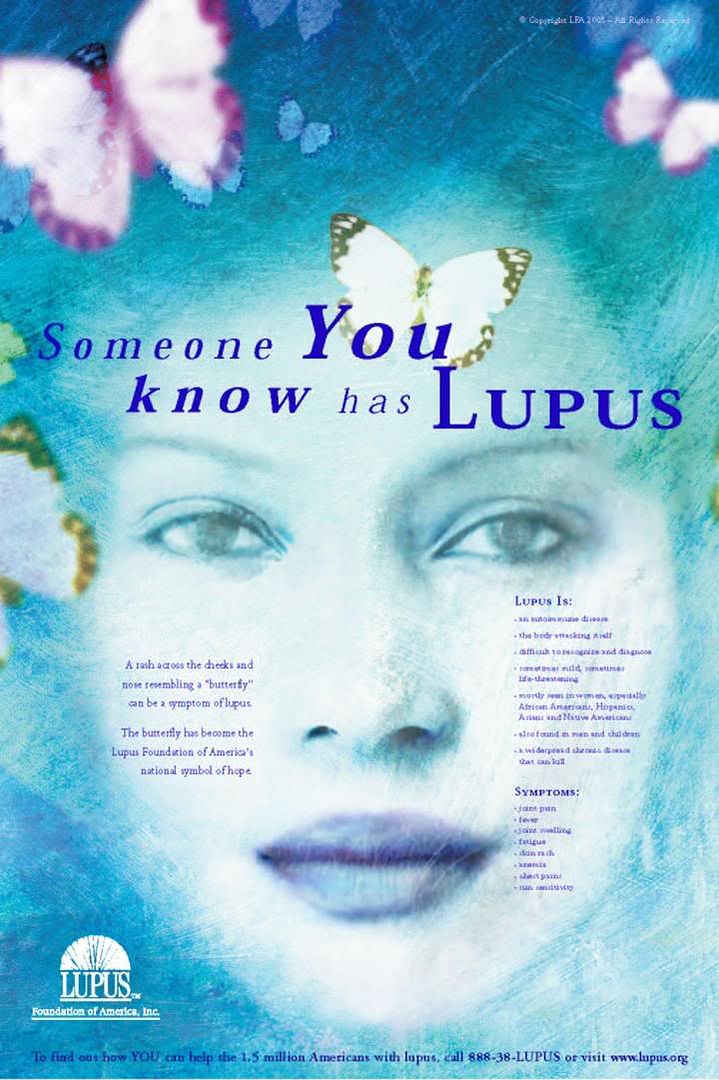 |
|
|
As Teenage Girls with Lupus Mature Wednesday, March 26, 2008 What is the topic?Women with lupus may have problems with their menstrual cycle, such as increased blood flow, irregular periods, missed periods and even premature ovarian failure (POF) which means that women go into menopause earlier than normal. Early menopause is often the result of treatments for lupus, in particular the immunosuppressant cyclophosphamide (CYC). What did the researchers hope to learn? Almost all of the studies about menstrual problems in lupus have been on adult women. This study wanted to see if adolescent females with juvenile lupus were also at risk for these kinds of problems, and if there were any differences in their symptoms from those of older women with lupus. Who was studied? Three-hundred fifteen adolescent girls with lupus from 12 different medical centers in Brazil were studied for this research. All were over 10 years old and had reached puberty, having had at least one menstrual period. Thirty-five of these patients had episodes of missed periods. How was the study conducted? The researchers reviewed patients’ records and medical histories for all of the patients in the study: how old patients were when they were diagnosed with lupus, how long they had been diagnosed, how old they were when they had their first period, their lupus symptoms, and the medications they had taken. If the patients had missed periods, the researchers noted when it developed and how long it lasted. They compared the information for those patients who had missed periods with those who didn’t, to see if there were any differences. They also took blood samples from each of the patients to study the levels of different hormones. What did the researchers find? The researchers found several significant differences between the patients who had missed periods and those who did not. Patients who had missed periods tended to be younger (average age 15.04 years-old versus 17.8 ), had their lupus diagnosis for shorter periods of time (3.2 years versus 6.1), and were closer in age to their first period (3.4 years into puberty versus 6.7). They also had more serious lupus disease activity when they started missing their periods and were more likely to have kidney involvement. Unlike the studies on adults, the researchers found no relationship between cyclophospamide therapy and missed periods in the juvenile patients. Also, none of the juvenile patients in this study had premature ovarian failure. This is not a surprising finding, since cyclophosphamide kills eggs, and younger women have many more eggs to spare than older women. What were the limitations of the study? This study focused only on the patients’ adolescent years: there is no way to know if some of the patients who didn’t have menstrual problems during those years might not develop these symptoms later in life. Also, this study was done by looking at past records of patients, so the research could only be based on information that had already been obtained; there may have been other questions the researchers would have addressed if they were examining the patients at the time the symptoms occurred. The researchers did not divide the study patients by ethnicity: there may be important differences in how these menstrual problems occur depending on ethnic background. For all of these reasons, more studies will be needed to understand how lupus affects younger women. What do the results mean for you? Lupus patients in their teens—and their parents and health care team—should be aware that menstrual abnormalities can occur. However, this research confirms some earlier studies which suggest that cyclophosphamide is less likely to put younger patients into menopause than older women. Even when adolescent lupus patients had missed periods, their ovaries continued to function later on; that might relieve a younger patient of some worry about their chances to become pregnant later in life. source Labels: Brazil, girl, JSLE, juvenile, SLE, teenage
Comments:
Post a Comment
~~~ |
.:Find Me:. If you interested in content, please contact the Writer .:Want to Joint ?:. If you want to know more about lupus surferer's activities and want to donor your help and money, go here Need more consult ?, go here .:acquaintances:.
The Enterprise .:New Book:. .:talk about it:.
.:archives:.
.:Link-link website Lupus:.
Lupus Org .:credits:.
|